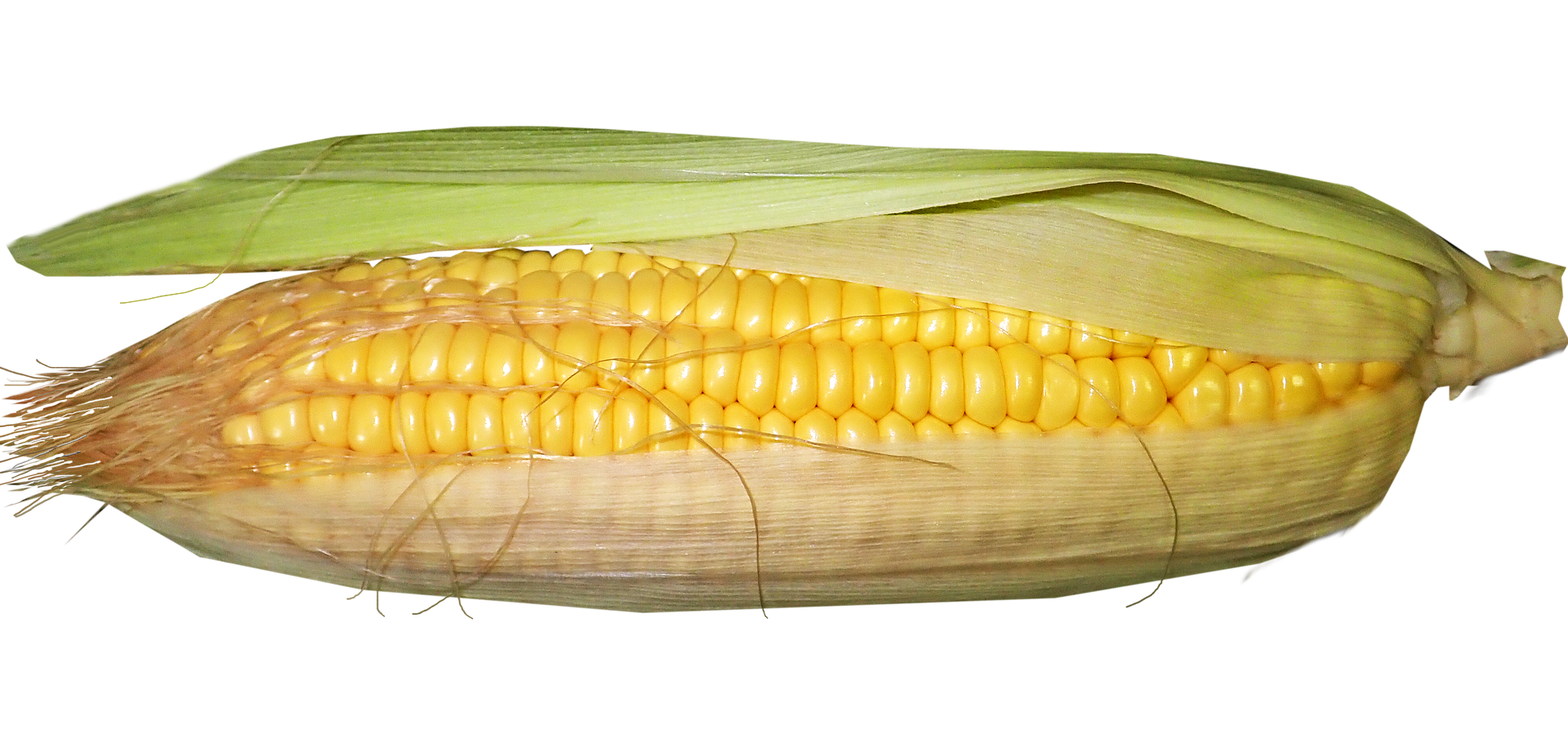
Ahuriri – Gisborne and Hawke’s Bay produce most of New Zealand’s sweet corn but they may be worried about a new study which finds the future of sweet corn may not be so sweet.
New University of Illinois research shows sweet corn yields drop significantly with extreme heat during flowering.
Climate projections don’t just predict a handful of hot days going forward. The US global change research programme predicts 20 to 30 more days over 32Cdeg by mid-century across much of the US.
The reality is that producing sweet corn, one of the most popular vegetable crops in the world, will be more difficult in the future. Producers need to develop new approaches and technologies to help crops adapt to climate change.
The study reveals small temperature changes have a greater influence on crop yield compared to small precipitation changes for both rainfed and irrigated fields but rainfed production shows greater sensitivities.
Extreme temperatures during flowering can influence pollen viability, fertilisation, kernel abortion, and other processes, the researchers say.
If there’s a bad time for extreme heat, it’s during flowering. That’s especially true in a crop where ear quality is so important.
This study used the concept of extreme degree days to capture the cumulative effect of temperatures above 30Cdeg during flowering on sweet corn yield.
Degree days are normally calculated by taking the average of high and low temperatures over a given 24-hour period.
For rainfed regions, every extreme degree day during flowering led to an additional yield loss of 2 percent. For irrigated systems, yield loss was less severe; just 0.5 percent per degree day over 30Cdeg.
But more than one day at 40 C [104 F] could drop yield by 20 percent. This result was based on season-long hourly temperature data, not degree days.
The pattern suggests irrigation could ameliorate the effects of extreme heat, but climate scenarios also warn water could be in short supply in the future.
Researchers say if sweet corn yield and quality continues to decline due to climate extremes, planting times or production areas may need to shift to avoid the hottest temperatures.
The question becomes how do producers develop sweet corn to become more resilient to increasing environmental stressors? To what extent can you do that by managing the crop versus improving the crop itself? These are hard questions. The thing people really need to do to prevent worse outcomes is to minimise further climate change.

